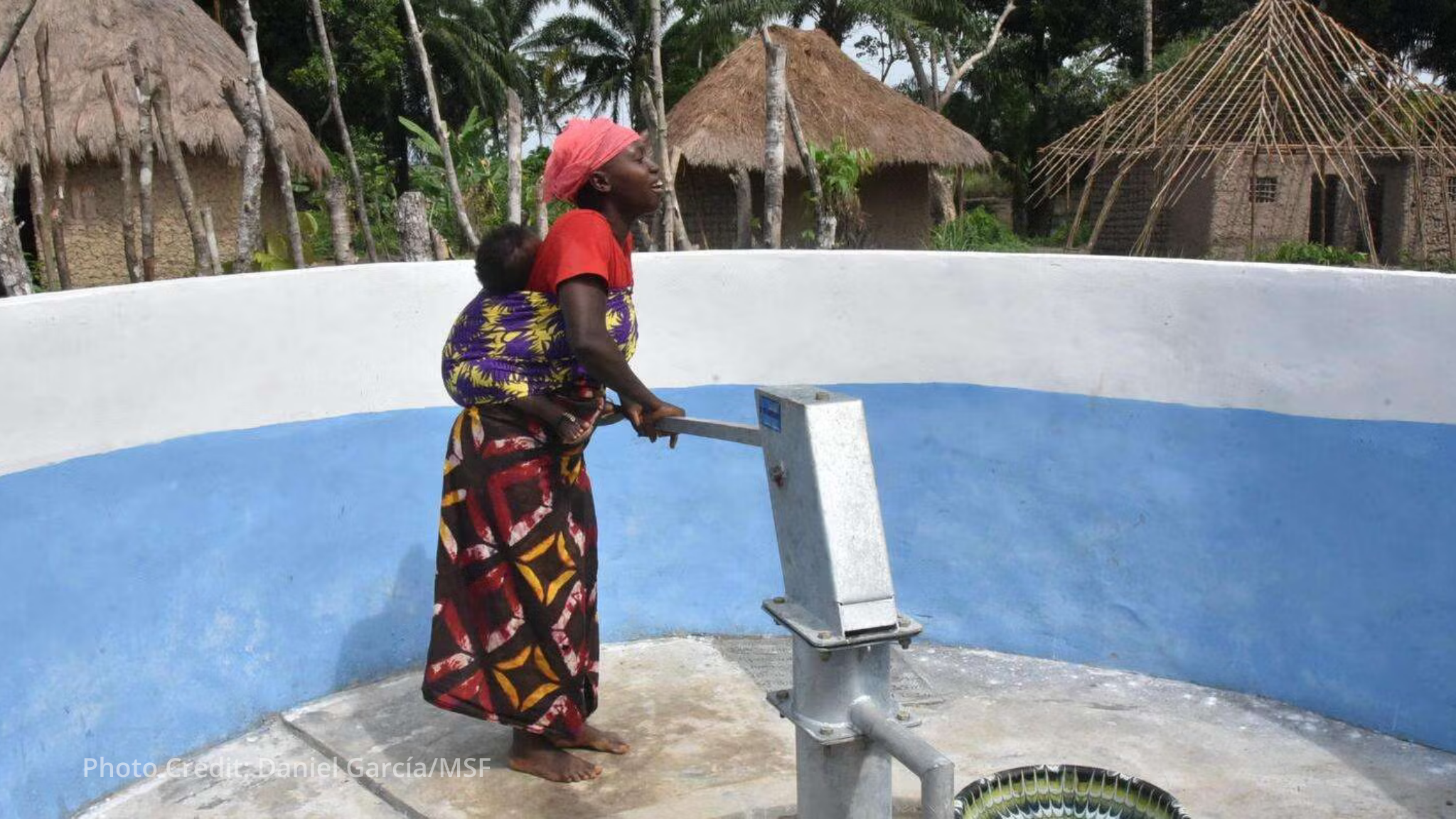The World Bank approved a $40 million grant to bring clean water and sanitation to five million Sierra Leoneans as part of a massive 10-year, $180 million program, according to a the press release. The Sierra Leone Water Security and WASH Access Improvement Project targets the Western Area first before expanding nationwide.
The project aims to fix broken institutions, upgrade water infrastructure, and launch a behavior change campaign to make Sierra Leone “Open-Defecation Free.” About 400,000 people in the Western Area will get better water services while 1.3 million will benefit from improved sanitation and hygiene. The program should create around 1,400 direct jobs and train 600 water sector professionals.
Sierra Leone sits in one of the world’s wettest regions but most people still can’t get clean water at home. Only 63% of the population has basic water access and just 23% have improved drinking water on their property. Sanitation numbers are even worse – only 32% have basic sanitation and 12% practice good hygiene. Despite heavy rainfall, the country suffers from economic water scarcity because of crumbling infrastructure and poor management.
“This project represents a critical step forward for Sierra Leone in addressing its pressing water security and sanitation challenges,” said World Bank Country Manager Abdu Muwonge. The project will strengthen the Ministry of Water Resources and boost the Guma Valley Water Company’s operations. It will also build more toilets in schools and health centers, expand sewage treatment capacity, and create a national masterplan for water resources.
The program expects to benefit about 5 million people, including 2.5 million women and 1.5 million youth, through climate-resilient planning and better water services. Lead Water Specialist Xavier Chauvot De Beauchene called it “the first step of a 10-year partnership” to tackle Sierra Leone’s water crisis systematically.
This investment should improve public health while building climate resilience in a country already facing environmental pressures from deforestation and extreme weather.

